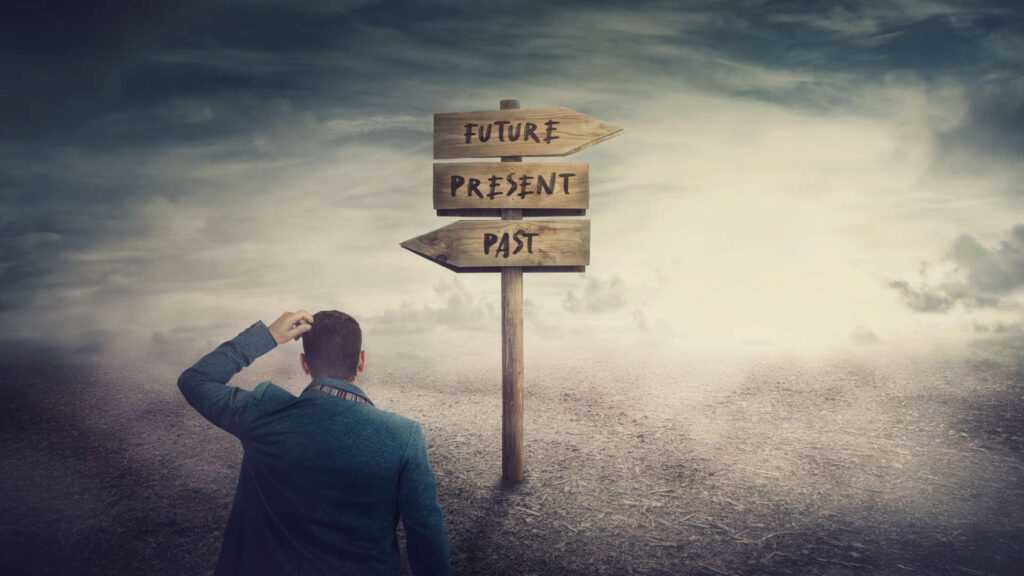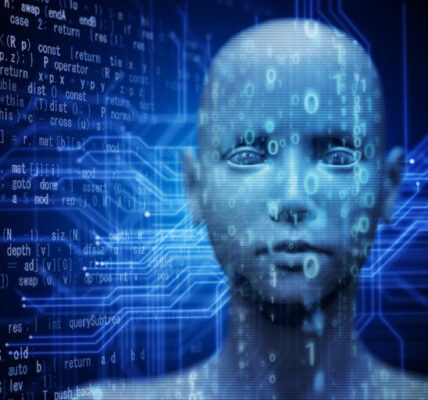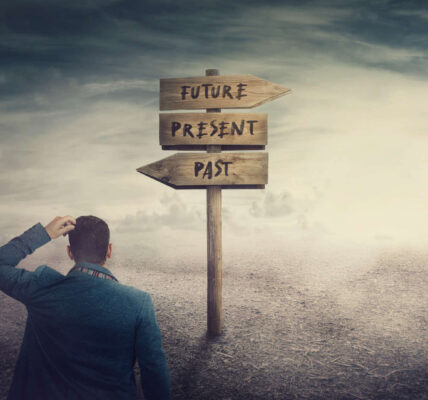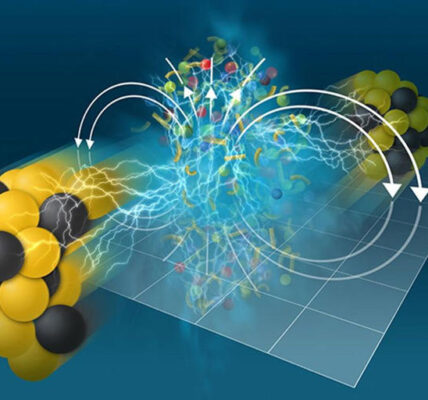What happens when we die? Explore insights from physicist Edwin C. May and hospice nurse Julie McFadden on the nature of consciousness and the experiences of those nearing the end of life.

© iStock
What Happens When We Die?
The question of what happens when we die is one that has intrigued and perplexed people throughout history. While religious and philosophical views offer various answers, recent discussions in the scientific community provide a fresh perspective on this age-old question. One such perspective comes from American physicist Edwin C. May, who recently shared his thoughts on the Shawn Ryan Show podcast. According to May, the answer is surprisingly straightforward: “Nothing.”
Edwin C. May’s Perspective on Death
What happens when we die? According to Edwin C. May, founder of the Cognitive Sciences Laboratory, the answer is clear-cut. May believes that there is no consciousness or experience after death. In his view, consciousness is an emergent property of the brain—a byproduct of its complex functioning. When the brain ceases to function, as it does in death or cremation, consciousness cannot continue.
May’s perspective is rooted in the scientific understanding of the brain and consciousness. Most neuroscientists agree that consciousness arises from the brain’s intricate network of neurons and their interactions. Once this network is destroyed, consciousness, which relies on these brain functions, cannot persist. This view aligns with May’s assertion that after death, there is essentially “nothing.”
Future Discoveries: Could Our Understanding Change?
While May’s perspective is based on current scientific knowledge, he acknowledges that our understanding of consciousness could evolve. He suggests that in about 50 years, advances in science might provide new insights into what happens when we die. As research progresses, it’s possible that we could uncover new information that might alter our current views on consciousness and the afterlife.
Personal Experiences: Hospice Nurse Julie McFadden’s Insights
What happens when we die? While scientific perspectives like May’s provide one view, personal experiences from those who work closely with the dying offer a different perspective. Julie McFadden, a hospice nurse from Los Angeles, has shared her observations on this topic in a TikTok video. McFadden describes a phenomenon known as “visioning,” which often occurs in patients nearing the end of life.
According to McFadden, many patients report seeing deceased loved ones or experiencing other unusual perceptions in their final days. This phenomenon, which she refers to as “visioning,” suggests that there may be something profound happening as people approach death. Patients might talk about seeing familiar faces or having conversations with those who have passed away, adding a layer of mystery to the end-of-life experience.
Scientific vs. Anecdotal Evidence
What happens when we die? The contrast between May’s scientific viewpoint and McFadden’s anecdotal evidence highlights the ongoing debate about the nature of death and consciousness. While science provides a framework based on the understanding of the brain and its functions, personal experiences and stories offer a different kind of insight. These anecdotes suggest that there might be more to the dying process than what current scientific knowledge can explain.
The Search for Answers
The question of what happens when we die remains open to interpretation and exploration. Science and personal experiences offer different perspectives, each contributing to our understanding of this profound topic. As we continue to explore the mysteries of consciousness and the afterlife, both scientific research and personal accounts will play a role in shaping our understanding.
Conclusion
What happens when we die? The answer is complex and multifaceted. Edwin C. May’s view suggests that consciousness ceases to exist after death, based on current scientific understanding. However, personal experiences shared by hospice nurse Julie McFadden offer a different perspective, highlighting the mysterious and often profound experiences reported by those nearing the end of life.
As we await future discoveries and advancements in science, the question of what happens when we die will continue to be a subject of fascination and debate. Whether through scientific inquiry or personal experiences, our quest to understand the nature of death and consciousness is an ongoing journey.
Related:
Northern Lights Viewing UK: 5 Stunning Reasons to Watch Tonight!




